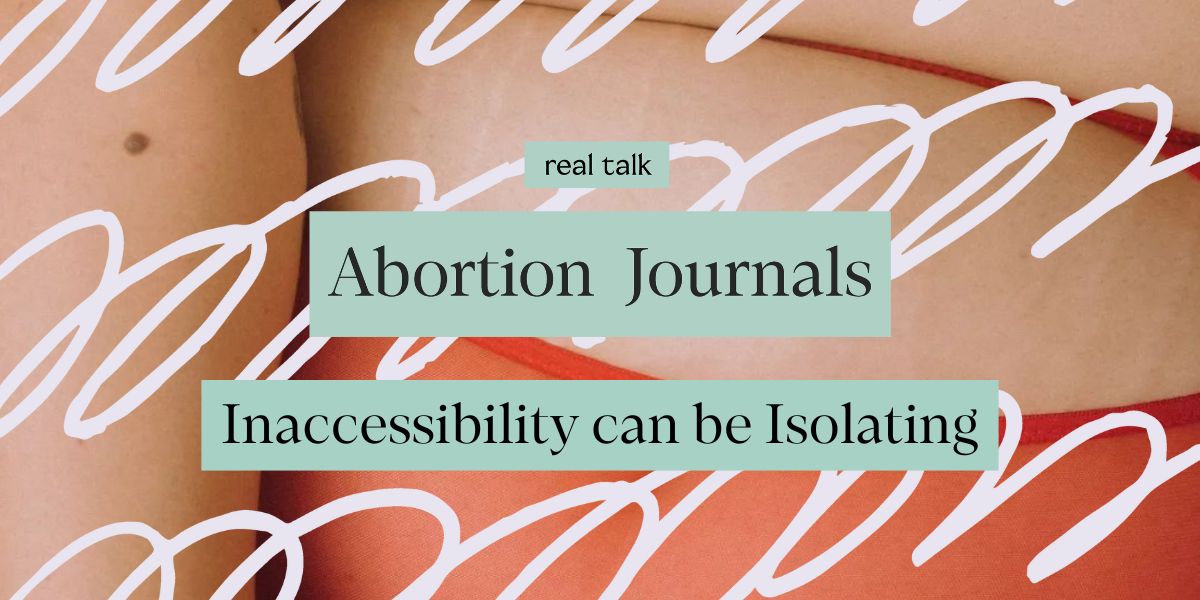Can drinking alcohol cause a UTI?

Sometimes a glass of wine turns into two glasses of wine, which turns into…. too much wine for one evening. While there are well-documented risks with drinking too much alcohol in one sitting or drinking alcohol too many nights a week, drinking responsibly based on your body's context isn’t a bad thing. However, overindulgence in alcohol can do more damage to your body than just your morning-after migraine.
You may know about the negative health impacts of alcohol on your heart, liver, and kidneys, but there are other impacts on your bladder and bowels that can lead to unintended consequences. One of these consequences can be a urinary tract infection (UTI).
What is a UTI?
A urinary tract infection is an infection to any part of the urinary tract, which includes the bladder, kidneys, ureters, and urethra. These infections are usually bacterial by nature, but UTIs can be caused by viruses and fungus as well. The common symptoms of UTIs include frequent urges to urinate, cloudy urination, foul-smelling or cloudy urination, burning or tingling while urinating, and frequent, small urinations.
UTIs are more common in those with female sex anatomy due to their shorter urethra. Additional risk factors include sexual intercourse (especially with a new partner), impaired immunity, high blood sugar, kidney stones, some birth controls, spermicides, or unlubricated condoms. UTIs can be treated with antibiotics prescribed by a medical professional.
Alcohol and the urinary tract
As mentioned, the bladder is part of the urinary tract. Alcohol is a diuretic, which means it can increase the amount you pee and the frequency at which you need to pee. This is why lines for the toilet are so long in bars!
If you are appropriately hydrated your urine should be clear, but the increased frequency of urination after drinking alcohol can concentrate your urine, which may cause it to look dark yellow, or sometimes, even brown. Besides looking a bit weird, concentrated urine can cause problems with your urinary tract. When concentrated urine sits in your bladder it can cause irritation and inflammation to the bladder’s lining, which can, in turn, lead to a UTI. These UTIs also have the potential to spread to your kidneys, which could result in a more complicated UTI.
Additionally, alcohol weakens the immune response, which is the body’s first line of defense against pathogens.
Alcohol and UTI treatment
UTIs are generally treated by antibiotics. Often, alcohol and antibiotics are a bad combination. If taken together adverse effects can occur and the alcohol could delay your body's healing. Mixing alcohol and antibiotics may also irritate the stomach lining and cause nausea and an upset stomach.
In addition to taking your antibiotics, proper hydration, plenty of rest, and balanced nutrition are important to help treat your infection. Alcohol impedes optimal hydration, which is important for UTI treatment. Additionally, alcohol can negatively impact sleep quality. While it is a mild depressant and can cause feelings of drowsiness and help people fall asleep, alcohol ultimately can impact your body’s ability to enter REM sleep. This can stop your body from getting good rest, and therefore, its ability to fight off your infection.
Besides alcohol, you should also avoid coffee, caffeinated teas, and fruit juices while you have a UTI. Caffeine is a diuretic that can impede your body’s need to reach an optimal level of hydration, and the acidity in fruit juice can irritate your bladder leading to worsening symptoms.
The verdict on UTIs and alcohol
In conclusion, while alcohol does not directly cause UTIs, the properties of alcohol and how it can affect your body can increase the risks of developing a UTI. Alcohol also impacts your body’s ability to fight off a urinary tract infection.
Besides staying hydrated, you can use Vaginal Health Probiotics to protect against UTIs on a big night out. And if you happen to get an UTI, Stix has you covered with our UTI Testing and Treatment Kits.
Keep Reading

Why does it burn when I pee?
Sep 6

Why does my vagina itch?
Jun 25

A guide to our Vaginal Health Probiotic
Dec 3










